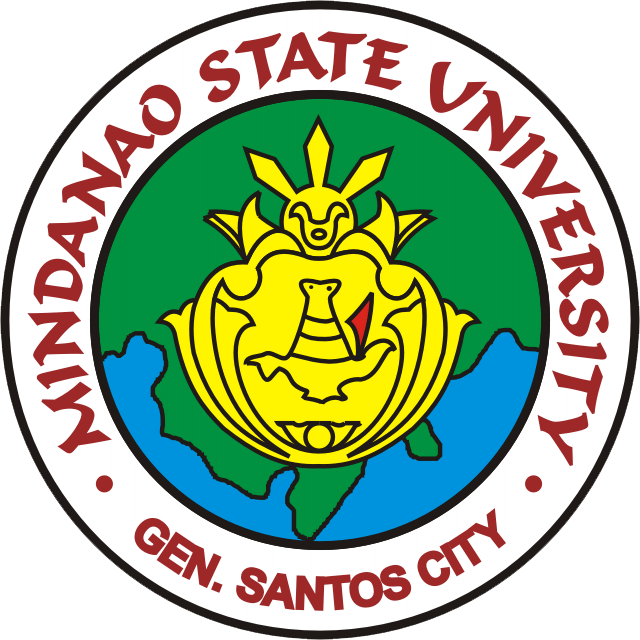The impact of foreign aid, as applied in the Political Science discipline focuses heavily on two main and opposing camps: modernization theory, which argues for the role capitalism, scientific innovation and liberal democracy play in the success and growth of Western societies; and dependency theory, which puts forth that the same growth experienced by advanced countries creates Third World poverty in its wake through colonialism, imperialism, and exploitation.
In this study, however, the impact of foreign aid is contextualized in the success and growth of General Santos City in the Philippines, a supposed Third World country, as a result of foreign aid investment, for the purpose of investigating the strategies employed by that particular society in navigating the threshold of which aid was effective, and its replication throughout the country.
By using qualitative content and thematic analysis through data archive retrieval and key informant interviews, this paper found out that the success of foreign aid lied in the system established by the Area Development Project Office (ADPO) in monitoring and coordinating the different development projects in a manner that good governance principles became evident.
This study was conducted in with consideration to the finding's application and implication in rethinking the current mode of external assistance not just in the Philippines, but in every recipient country.
Author
IVAN PHILIP CADORNA
Abstract
SY
2022
Program
Bachelor of Arts in Political Science
Department
Department: Political Science
College
College: Social Sciences and Humanities
